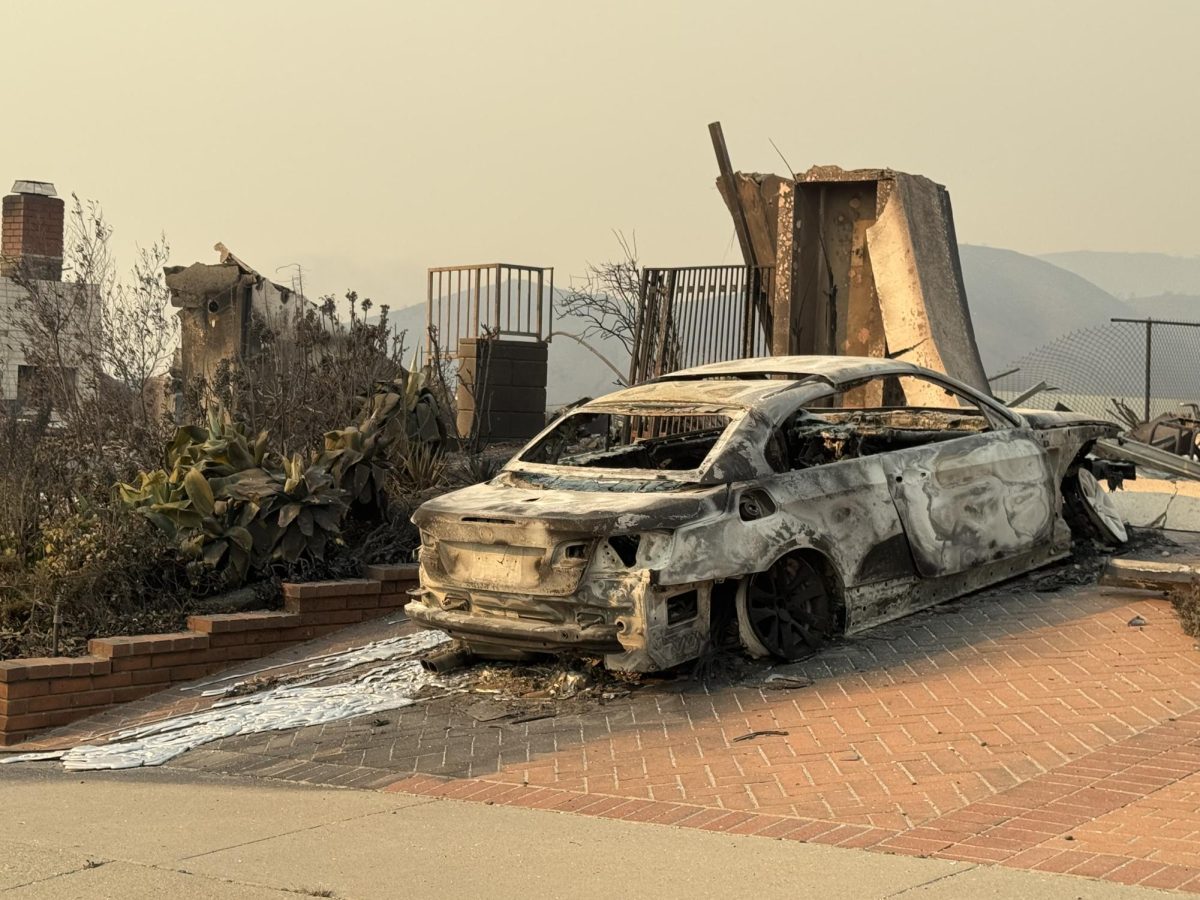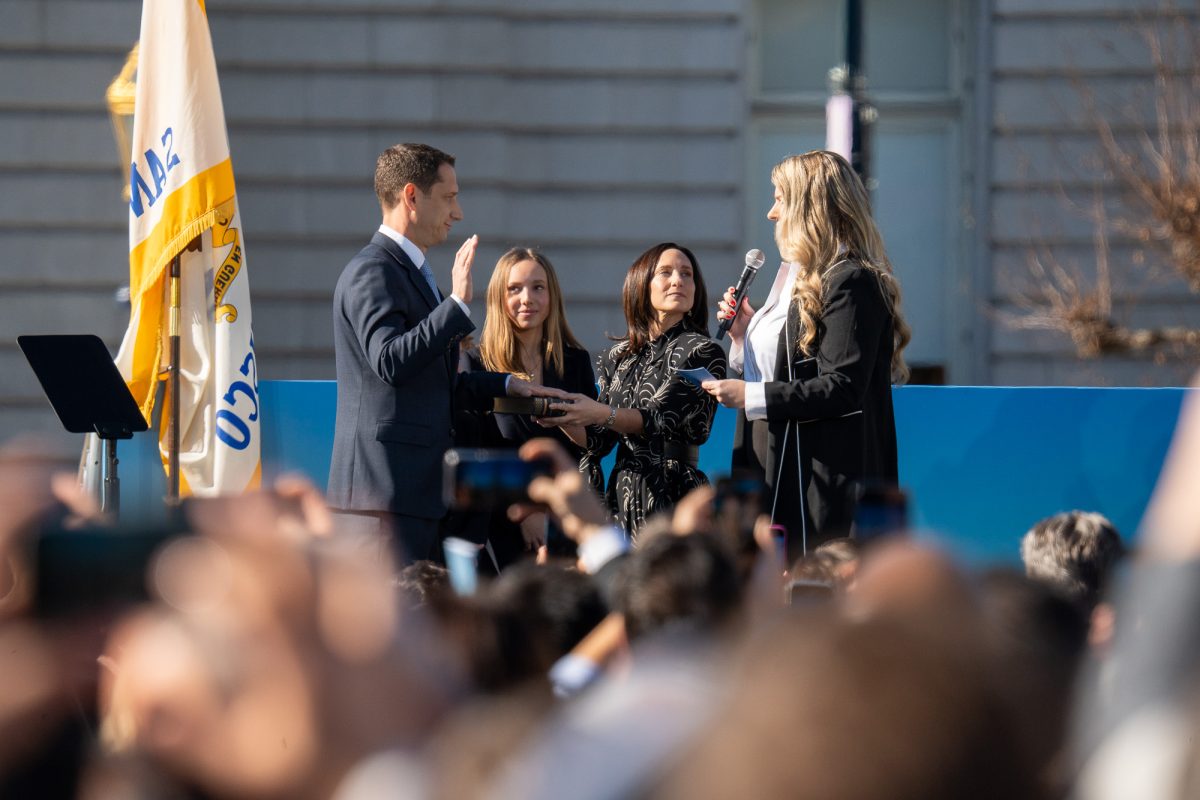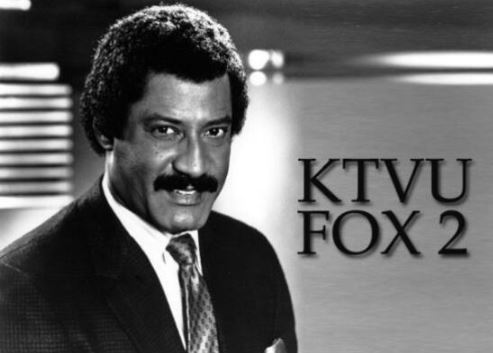There were no words to console. There was no amount of time that could heal the wounds of those left dead or dying. There was no therapy session that could mend the minds of the survivors.
On Friday, March 15, all that was left in the city of Christchurch, New Zealand was a community in tatters.
Beginning at about 1:40 pm, a gunman began his attack, which he streamed through Facebook Live, on two local mosques, Masjid al Noor and Linwood Masjid. The attack has proven to be the most deadly in New Zealand’s history, leaving 50 dead and 50 wounded. In the aftermath of the shooting, a diverse group of issues have been called into question, ranging from gun bans to social media restrictions.
First and foremost among the mounting concerns is the role of guns in New Zealand’s society. Just six days after the shooting, New Zealand Prime Minister Jacinda Ardern proposed legislation banning all military- style semi-automatic weapons and assault rifies, as well the sale, import, supply or possession of pump-action shotguns that can be used with detachable magazines or that hold more than five cartridges.
Although the bill seems to have bipartisan support in the legislature, there is a mounting concern among New Zealand gun owners regarding their ability to possess rearms. Without a constitution or gun rights organization advocating for gun owners however, these worries, much to the distress of New Zealand’s gun owners, are being overshadowed by the demands to prevent future attacks. On top of gun ownership, in the wake of the attacks on Christchurch, the role of Social Media outlets has also fallen under scrutiny. Prior to his attack in Christchurch, the shooter posted a 74 page manifesto on the no-holds-barred website 8chan, leading many to call for increased restrictions on the site. Although there is increased demand for higher regulations, there have been no indications that any changes will be made.
Many have speculated that the attacks incited the Sri Lanka bombings which targeted Christians during Easter Sunday and killed more than 250 people. Although Ruwan Wijewardene, Sri Lanka’s state minister of defense, stated that the bombings were “motivated” by the attacks in New Zealand, no conclusive evidence has come forth linking the two.
With both national and international issues taking up the media spotlight after the shooting, the area affected most —Christchurch itself—can be overshadowed.
The effects of the Christchurch attacks are brought into perspective by Anne Freeman, a current teacher at Archbishop Riordan and a past resident of Christchurch who stated that, “I lived in Christchurch throughout the 1990s… Christchurch definitely felt like a close-knit community… I expect that residents of Christchurch are still in shock. I know that I am still in shock. I can imagine my friends talking about the shootings and trying, but failing, to make sense of them. I expect all the places of worship are seeing big crowds as people seek comfort in their beliefs and from each other… will the shootings alter their lives? Yes, I am sure of it. But I cannot speculate on that yet. I’m still grieving. I am still in mourning.”
The events of March 15 devastated not only the immediate residents of Christchurch, but all those connected to it, fracturing a once strong community.
The devastation will take time to recover from; a broken community is not so readily repaired. But with the hearts of the world behind them, those affected will find a way to rebuild, recover, and reestablish their lives.








